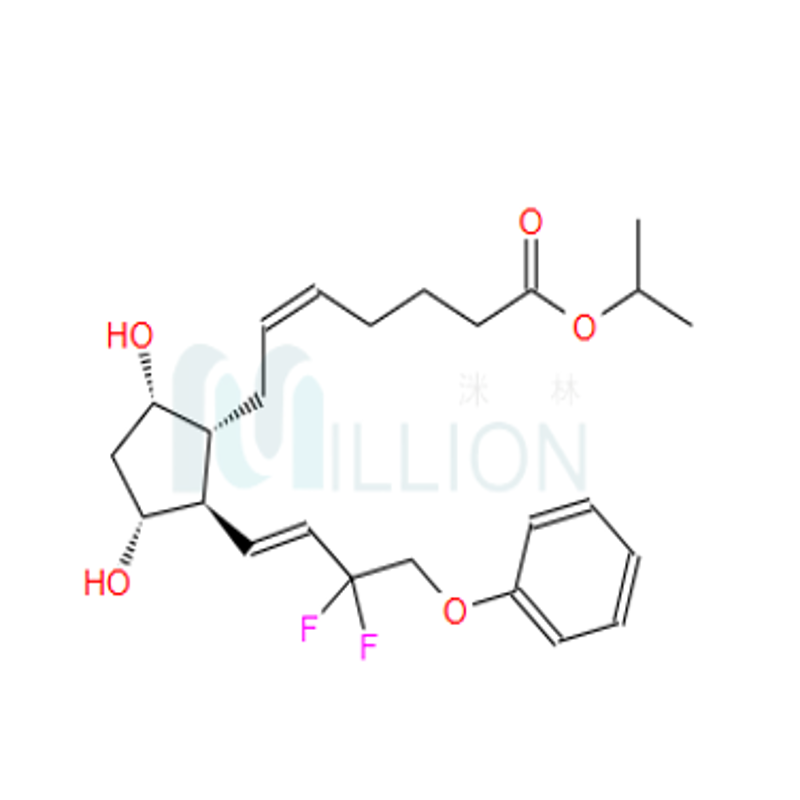-
Categories
-
Pharmaceutical Intermediates
-
Active Pharmaceutical Ingredients
-
Food Additives
- Industrial Coatings
- Agrochemicals
- Dyes and Pigments
- Surfactant
- Flavors and Fragrances
- Chemical Reagents
- Catalyst and Auxiliary
- Natural Products
- Inorganic Chemistry
-
Organic Chemistry
-
Biochemical Engineering
- Analytical Chemistry
-
Cosmetic Ingredient
- Water Treatment Chemical
-
Pharmaceutical Intermediates
Promotion
ECHEMI Mall
Wholesale
Weekly Price
Exhibition
News
-
Trade Service
High intake of added or free sugars has been shown to lead to an increase
in obesity, type 2 diabetes, and cardiovascular disease.
Health agencies recommend a daily intake of no more than 5 to 10 percent
of total energy intake.
Most regulatory agencies, including the World Health Organization, the Heart and Stroke Foundation, and the U.
S.
Food and Drug Administration, have included honey in
their definitions of free or added sugars.
In contrast, honey is often seen by the public as a healthier alternative
to sugar.
Honey is composed of sugars, organic acids, enzymes, proteins, amino acids, minerals
, vitamins and some biologically active substances.
It has shown many benefits
for cardiometabolic health in vitro, animal and clinical trials.
These benefits include improved weight, inflammation, lipid profile, and blood sugar control
.
However, evidence for this effect in human studies has not been systematically evaluated and quantified
.
In addition, it is unclear whether the effects of honey vary depending on the type of honey, such as flower source, and whether the honey is raw or processed
.
Therefore, current controlled trials have been systematically reviewed and meta-analysed to examine the effects of honey intake on obesity, blood glucose, lipids, blood pressure, markers of non-alcoholic fatty liver disease and inflammatory markers, and to assess the certainty of
the evidence using the GRADE (Recommendation-Graded, Assessed, Developed and Assessed) approach.
The researchers collected 18 controlled studies with 11 week of observation ≥ from the MEDLINE, Embase, and Cochrane Library databases, and pooled
data on 1105 participants (mainly healthy people).
Results showed that 18 controlled trials (33 trials compared, N = 1105 participants)
were included.
In the included studies, the median intake of honey was 40 g and the median duration of the intervention was eight weeks
.
Honey reduced fasting blood glucose (MD = -0.
20 mmol/L, 95% CI, -0.
37 to -0.
04 mmol/L; low-certainty evidence), total cholesterol (MD = -0.
18 mmol/L, 95% CI, -0.
33 to -0.
04 mmol/L; low-certainty evidence), LDL cholesterol (MD = -0.
16 mmol/L, 95% CI, -0.
30 to -0.
02 mmol/L; low-certainty evidence), fasting triglycerides (MD = -0.
13 mmol/L, 95% CI, -0.
20 to -0.
07 mmol/L; low-certainty evidence), alanine aminotransferase (MD = -9.
75 U/L, 95% CI, -18.
29 to -1.
21 U/L; low-certainty evidence), elevated HDL cholesterol (MD = 0.
07 mmol/L, 95% CI, 0.
04–0.
10 mmol/L; high-quality evidence).
There were significant subgroup differences in the effects of different flower sources and honey processing on cholesterol and glycemic outcomes, and Robinia honey, clover honey and raw honey had beneficial effects
on fasting blood glucose and total cholesterol.
Overall, this systematic review and meta-analysis suggests that honey, particularly Robinia acacia, clover, and raw raw honey, can improve glycemic control and lipid levels
when consumed in a healthy dietary pattern.
More research focusing on floral origin and honey processing is needed to improve the quality of
the evidence.
Original source:
Ahmed A, Tul-Noor Z, Lee D, Bajwah S, Ahmed Z, Zafar S, Syeda M, Jamil F, Qureshi F, Zia F, Baig R, Ahmed S, Tayyiba M, Ahmad S, Ramdath D, Tsao R, Cui S, Kendall CWC, de Souza RJ, Khan TA, Sievenpiper JL.
Effect of honey on cardiometabolic risk factors: a systematic review and meta-analysis.
Nutr Rev.
2022 Nov 16:nuac086.
doi: 10.
1093/nutrit/nuac086.
Epub ahead of print.
PMID: 36379223.







